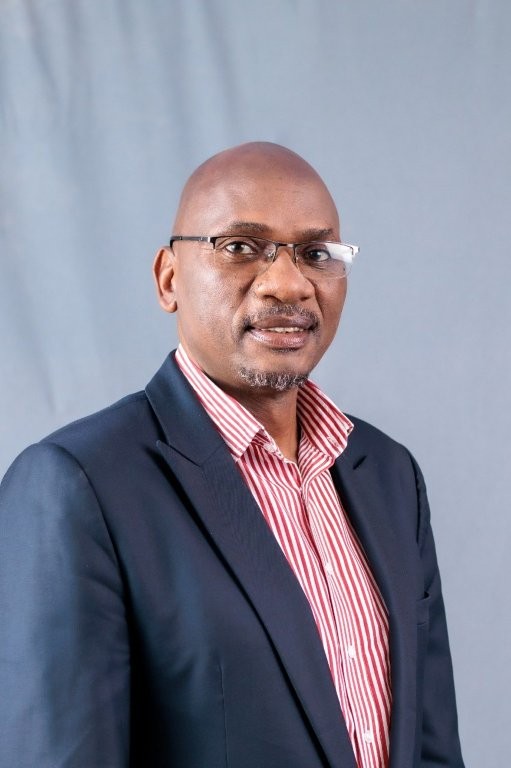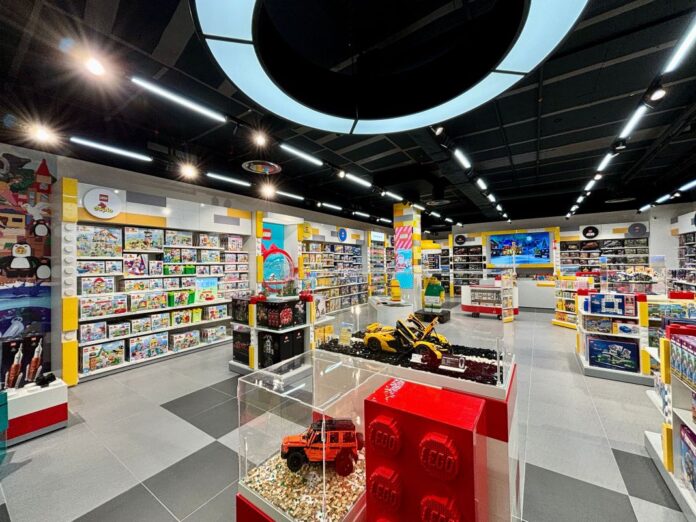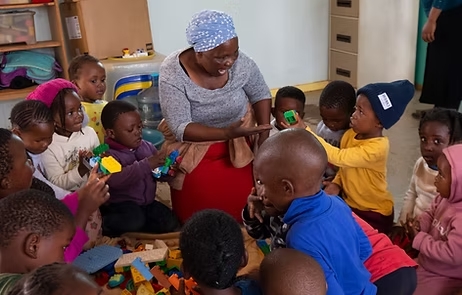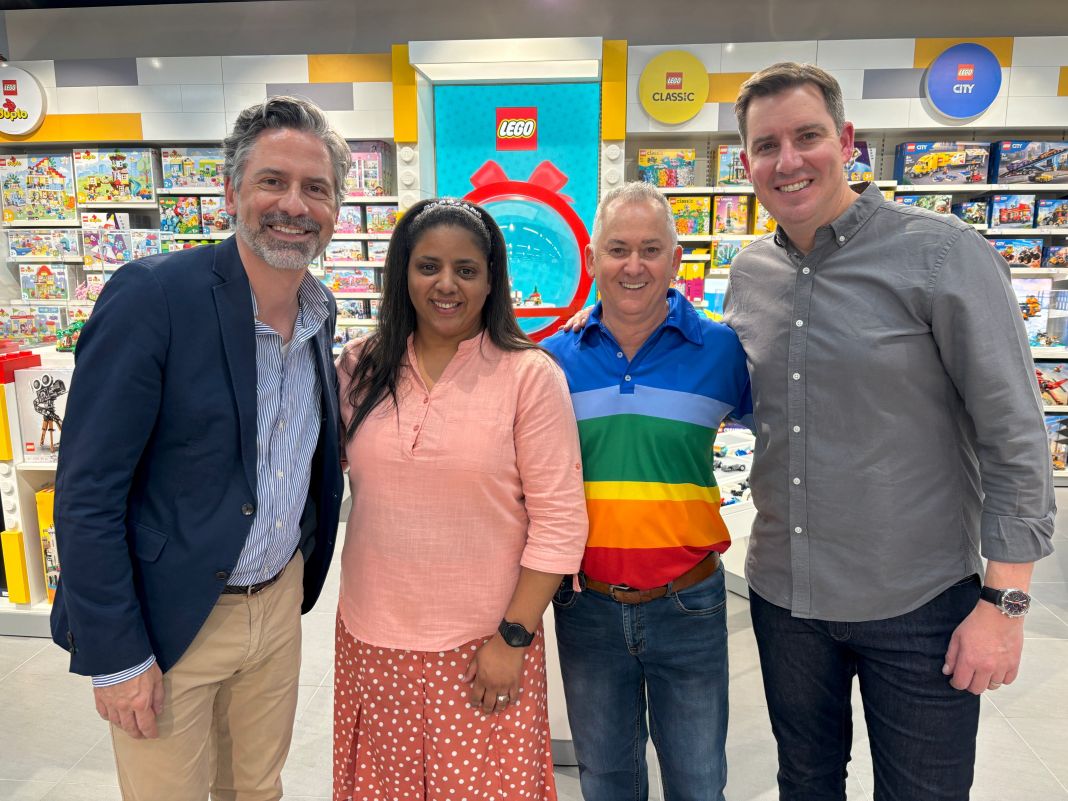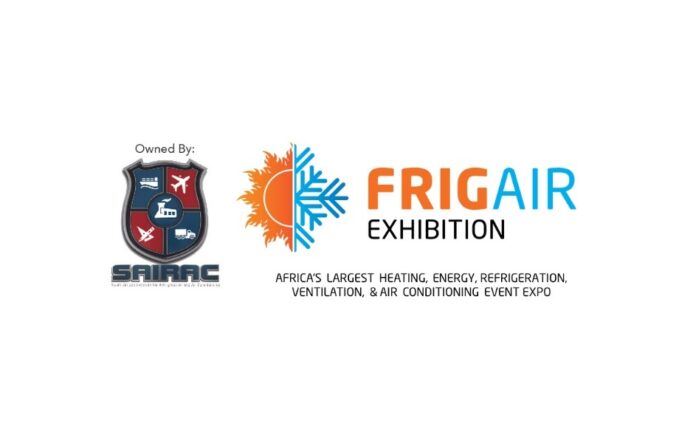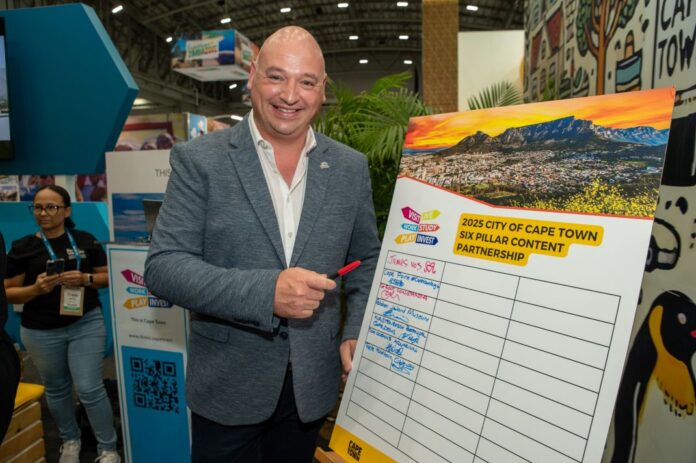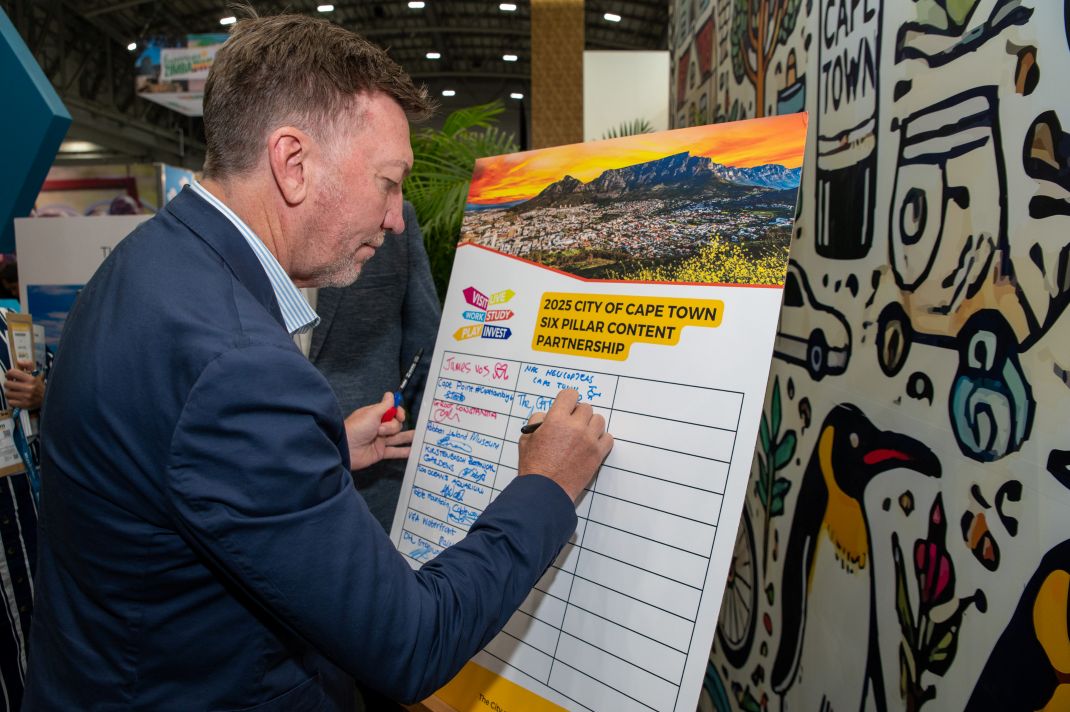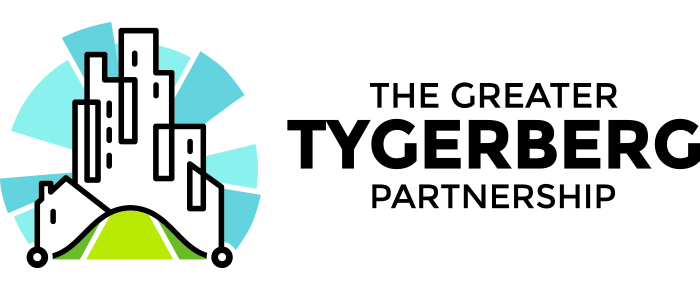Two Master’s in Engineering students from Stellenbosch University, Yasmin de Raay and Chris Erasmus, have advanced to the international round of the 2025 Blue Sky Young Researchers and Innovation competition. Their projects impressed the Paper Manufacturers Association of South Africa (PAMSA) for their originality and relevance to the forestry sector which plays a key role in producing wood and paper.
Managed by the International Council of Forestry and Paper Associations (ICFPA), this competition seeks projects from researchers under 30 who are working in forest-based science, products using wood, pulp or paper as a raw material, process improvements or other innovations throughout the forestry-sector value chain.
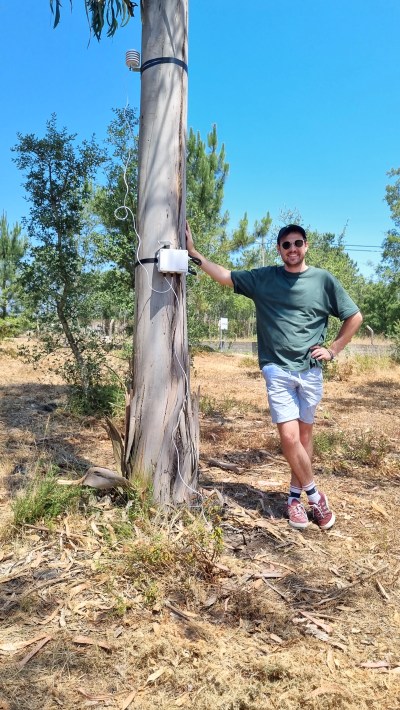
As first and second place winners in the South African competition, Erasmus and De Raay will see their projects judged against those from the United States, Canada, Europe and Australia. An international panel will select the top three global finalists who will then present their projects at the ICFPA CEO Global Roundtable in New York.
“As a sector that has for decades centred around the renewability of wood, both of these projects offer significant value for forestry companies by enhancing sustainable forest management and improving crop yields,” says Jane Molony, PAMSA Executive Director. “This in turn supports the sustainable supply of wood into pulp, paper and sawn timber industries.”
Innovative solutions in agritech and forestry
Both submissions focused on the monitoring of aspects of tree health which plays a critical role in tree resilience and resource optimisation by using technology to capture and analyse data continuously and remotely.
Erasmus, who is completing a Master’s in Electrical and Electronic Engineering, has developed a wireless dendrometer and environmental sensing system tailored for the forestry industry. This solar-powered device tracks tree growth patterns, water dynamics and environmental stressors such as temperature, humidity and soil moisture with precision. It offers a cost-effective, low-maintenance solution, reducing the need for human intervention while ensuring consistent accuracy and reliability.
“Our dendrometer allows seamless, real-time monitoring of trees’ daily growth variations, using advanced technology to overcome the limitations of traditional analogue systems, which are prone to noise and interference,” notes Erasmus.
De Raay is pursuing a Master’s degree in Industrial Engineering, specialising in agritech, with a strong focus on integrating technology and nature conservation. “My honours and master’s theses both focus on agritech and through my work in the open-air eucalyptus laboratory, I’ve had the opportunity to apply engineering to sustainable forestry,” she explains.
Her project introduces a mini-rhizotron system designed to remotely monitor root growth and dynamics in forestry plantations. By using machine-learning techniques and capturing microscopic images of roots, this system provides continuous, cost-effective access to vital root-growth data, even in remote field settings, improving resource optimisation without sacrificing quality.
“We are excited by this ingenuity, which not only highlights South Africa’s scientific talent but also has the potential to make a meaningful impact in our sector,” says Molony.
Take deep breaths in South Africa’s forests
Did you know that many of South Africa’s timber plantations are open to the public to enjoy a variety of recreational pursuits? According to Forestry South Africa, there is something for everyone to enjoy in the mosaic of our country’s indigenous forests and timber plantations.
You might be an outdoor enthusiast wanting to test your endurance along the hundreds of kilometres of mountain bike tracks, trail running routes and hiking trails or perhaps a nature lover or budding ornithologist. You can take in the array of wildlife and natural features like South Africa’s significant waterfalls and nature reserves found within the mosaic of indigenous forests and timber plantations.
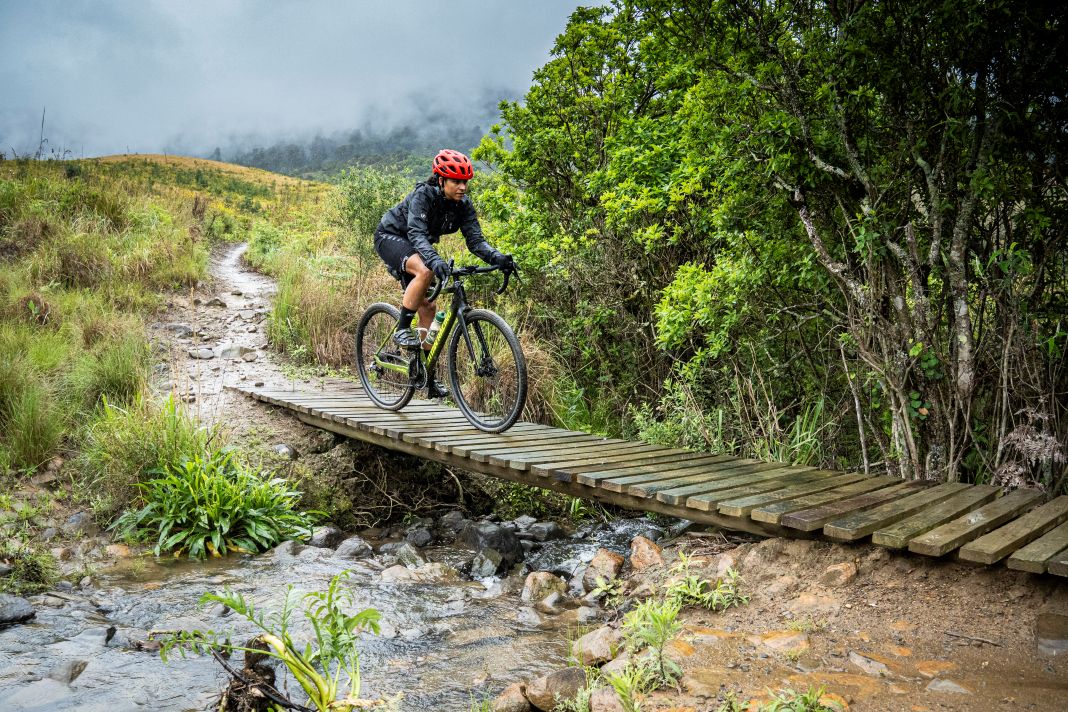
Add these to your summer holiday bucket list by clicking on the interactive map link below. There are various attractions, trails, routes, drives, walks, picnic sites and accommodation waiting to be discovered South Africa’s forestry-owned land.
Fact: The trees grown in timber plantations are planted for use in pulp, paper, packaging, sawn timber, poles and furniture. They are a renewable resource which means that they are planted, responsibly grown and managed over a number of years, then harvested once they are mature. Only 10% of the total plantation area is harvested in one year. The compartments are then planted with new saplings within the same year.
These trees also absorb carbon dioxide and release oxygen. So, take a deep breath when you are among the trees.
Visit: https://www.forestrysouthafrica.co.za/recreation/
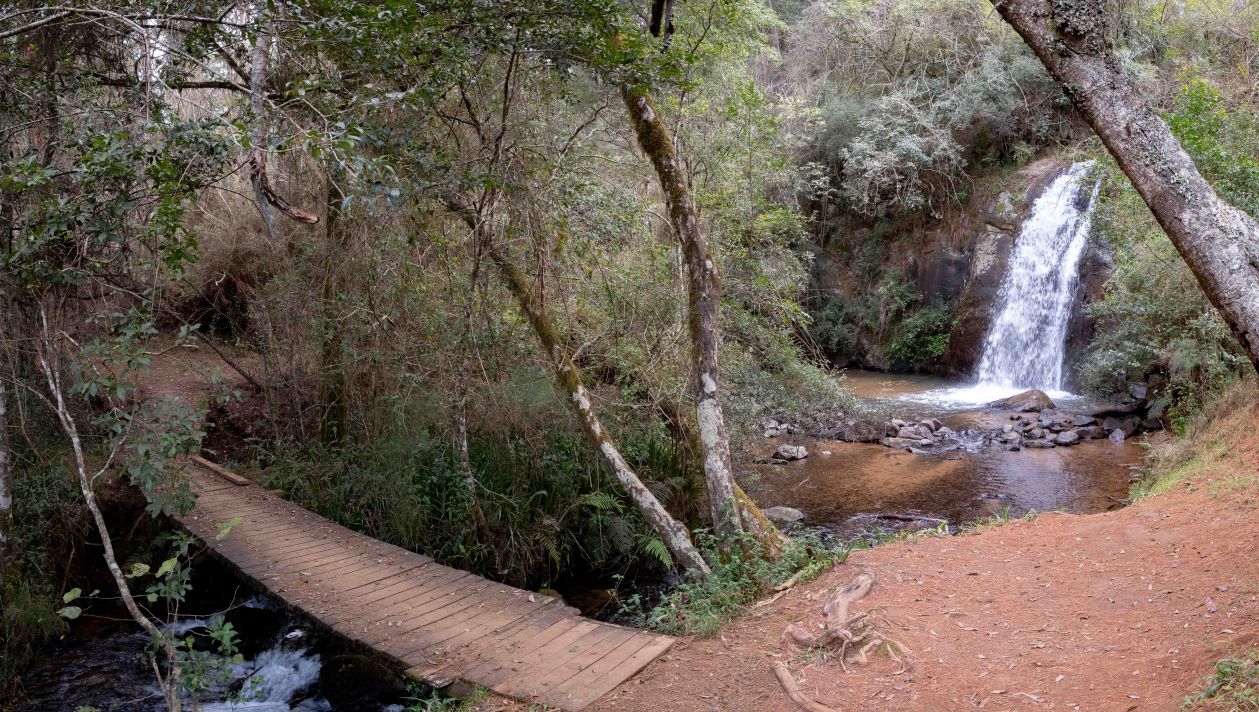



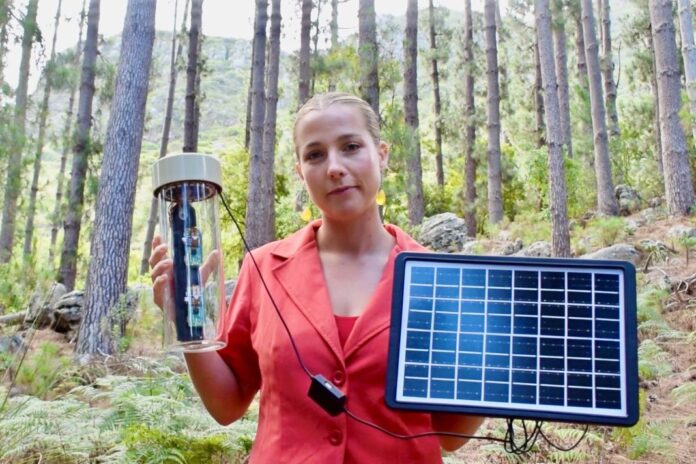




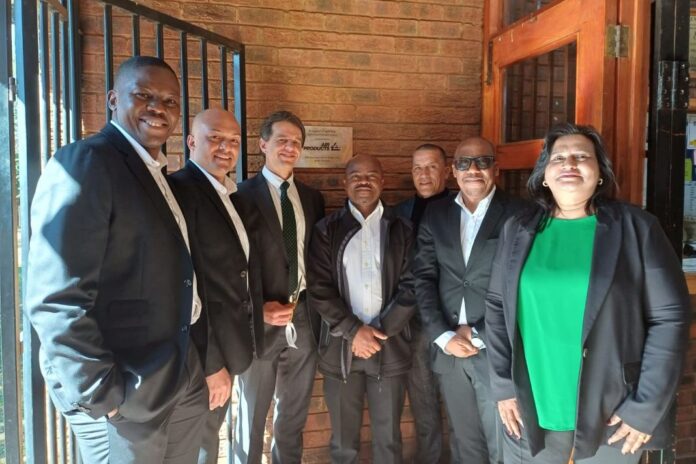
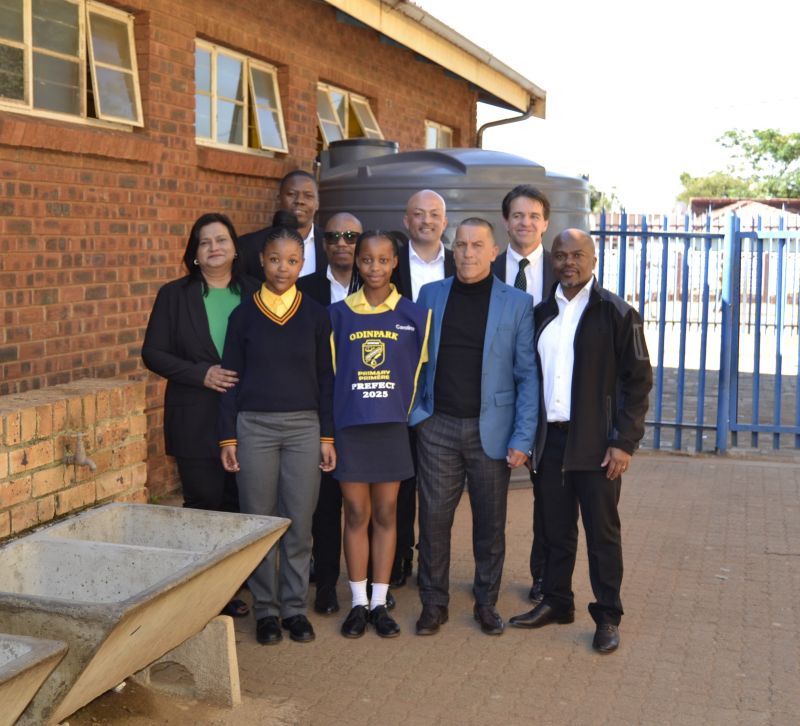
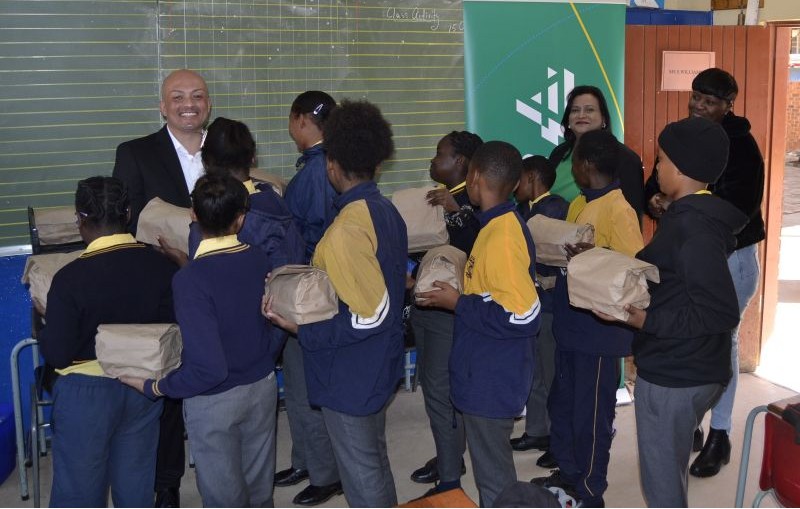
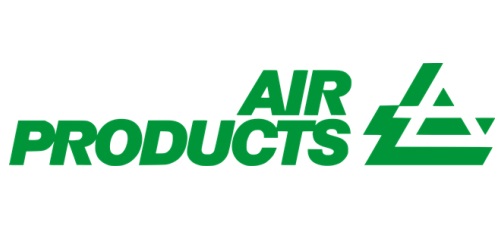
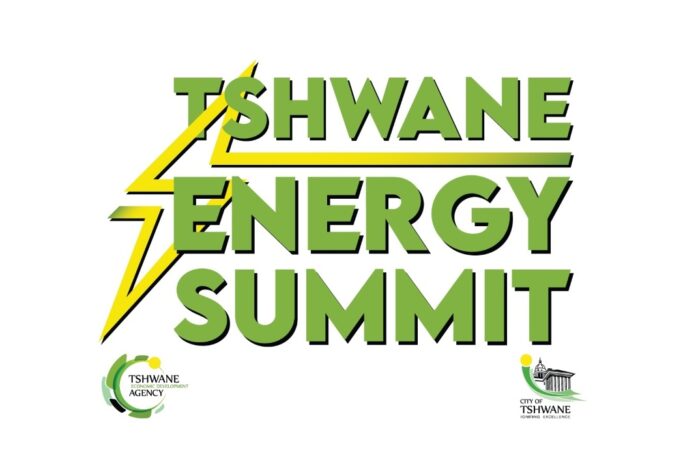

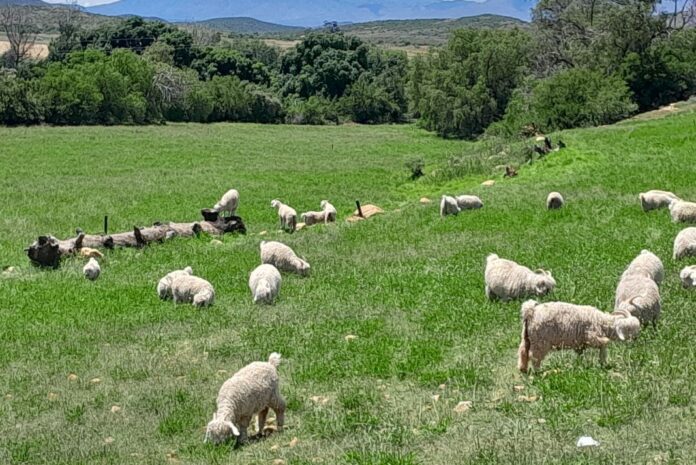
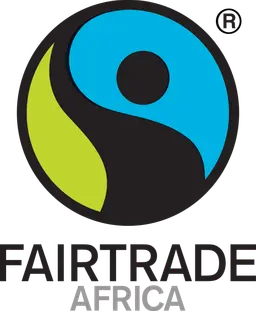 Now in its second year, Be Fair Right Now invites South Africans to rethink their buying choices to support fairer pay as well as gender equality, environmental sustainability and climate action. Through Fairtrade’s interactive online quiz, participants can discover the impact of their current purchases and explore practical ways to support Fairtrade-certified products that pay smallholder farmers fairly.
Now in its second year, Be Fair Right Now invites South Africans to rethink their buying choices to support fairer pay as well as gender equality, environmental sustainability and climate action. Through Fairtrade’s interactive online quiz, participants can discover the impact of their current purchases and explore practical ways to support Fairtrade-certified products that pay smallholder farmers fairly.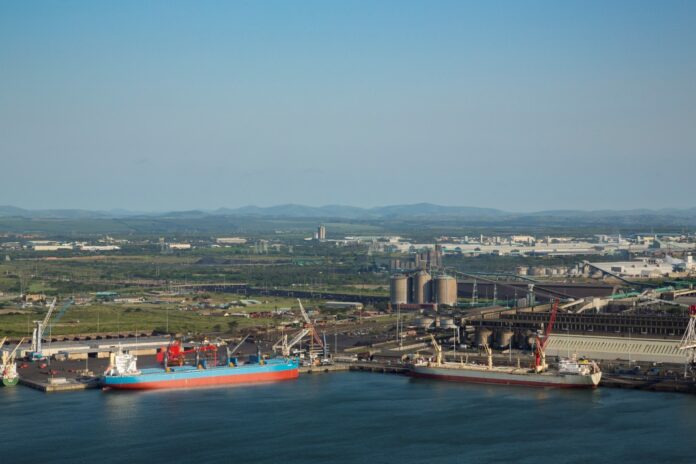
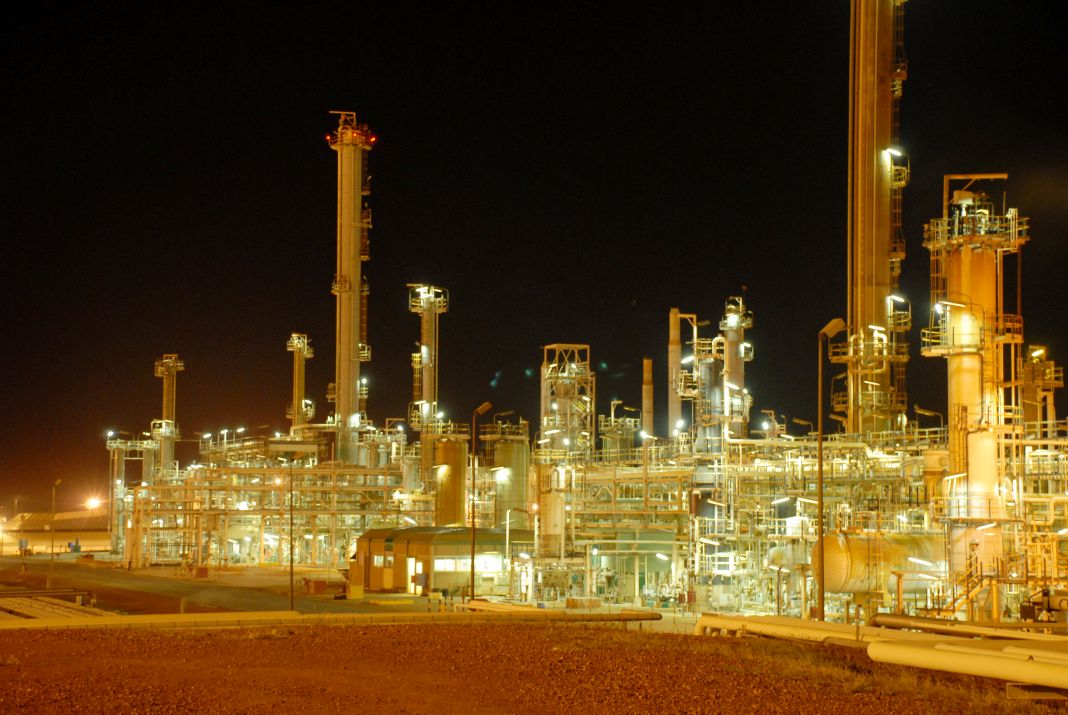


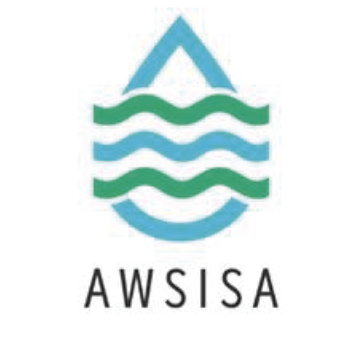 This article aims to present a case for an independent water and sanitation regulator rooted in legal precedent, policy direction and international best practices.
This article aims to present a case for an independent water and sanitation regulator rooted in legal precedent, policy direction and international best practices.